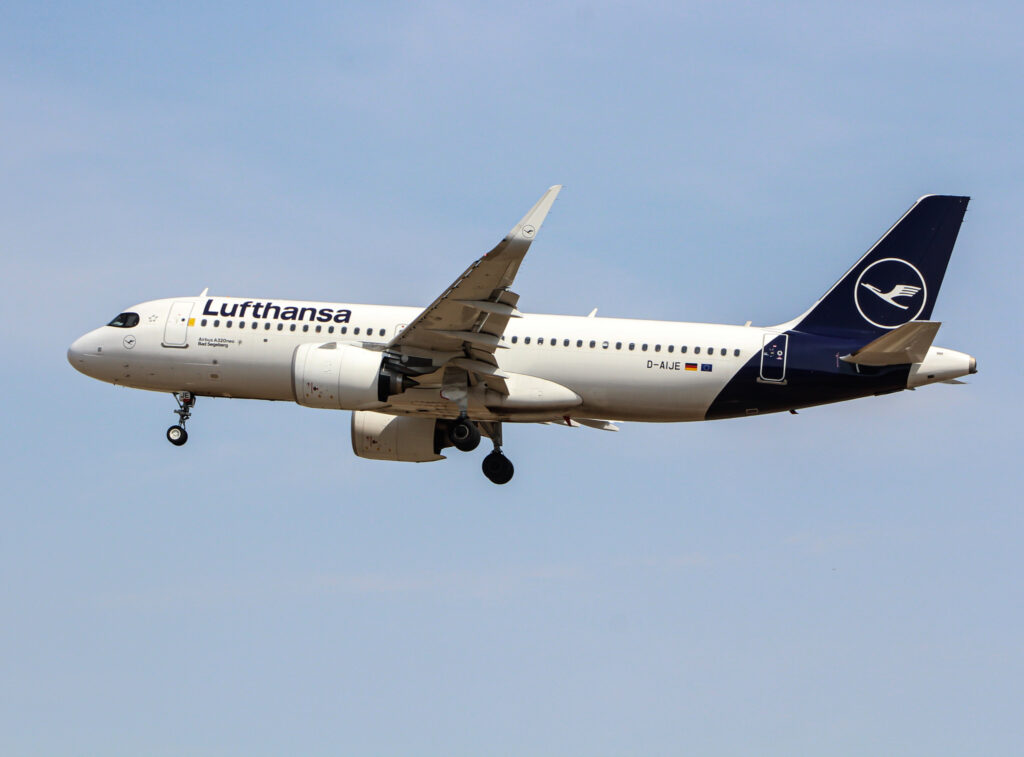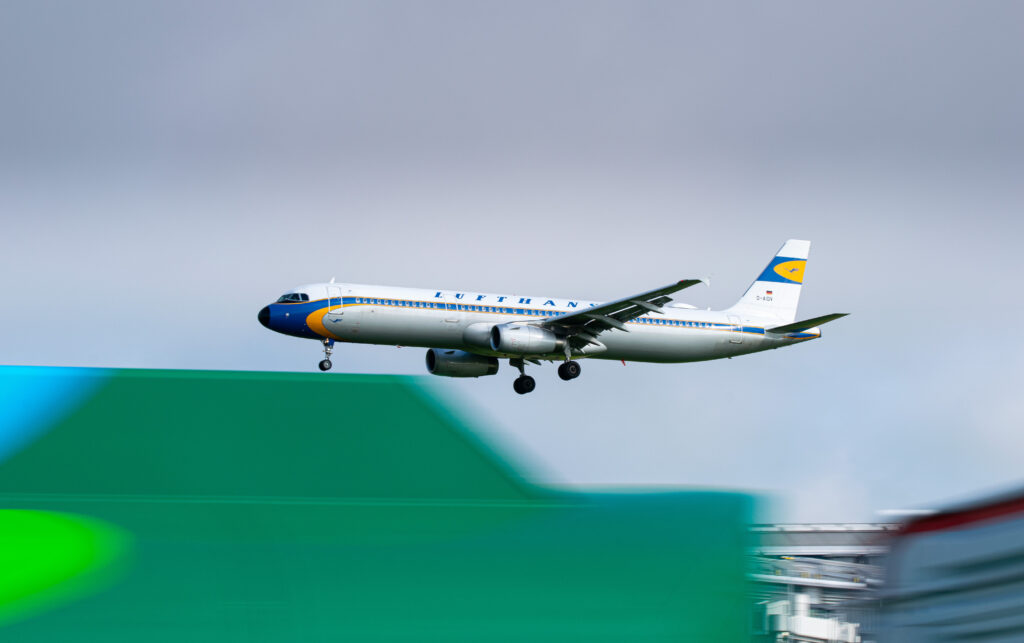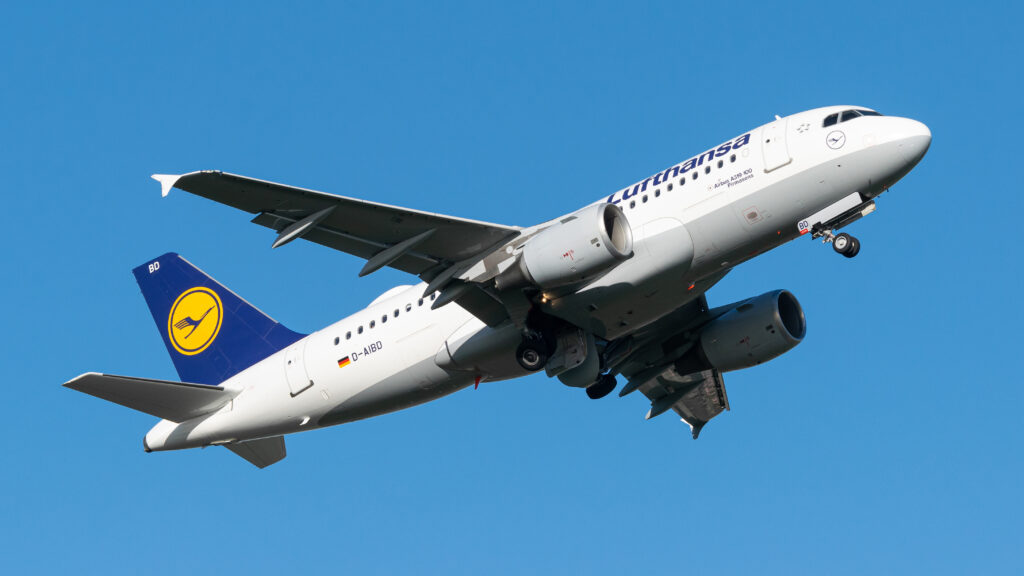LONDON – According to data from Cirium, the airport strikes in Germany, which happened on Friday, affected over 1,100 departures, of which Lufthansa was the most affected.
The breakdown, which affected 190,000 seats in capacity, is as follows:
- Frankfurt Airport – 478 departures.
- Munich Airport – 366 departures.
- Hamburg Airport – 128 departures.
- Stuttgart Airport – 75 departures.
- Hannover Airport – 33 departures.
- Bremen Airport – 19 departures.
- Dortmund Airport – 19 departures.
Lufthansa was scheduled to operate the most departures, being 588, followed by Eurowings with 81 departures, and Air Dolomiti with 34 departures.
Lufthansa’s Take on the Strikes…

Michael Niggemann, Member of the Executive Board and Chief Officer of Human Resources & Infrastructure of Lufthansa Group, commented on the strikes on Thursday:
“We regret the enormous impact of this warning strike which is being carried out at the expense of our passengers.”
“We are not a party to the collective bargaining and have no influence on it – nevertheless, our guests, and we are massively affected.”
“More than 1,300 flight cancellations for Lufthansa Group airlines alone show once again how vulnerable and fragile the air transport system is to strike activity”.
The German carrier mentioned that because of the airport strikes, around 1,300 flights were canceled (That figure represents both departures and arrivals).
The airline also confirmed, as per Cirium data, that Frankfurt and Munich were the most affected by Friday’s strikes.
Verdi’s Statement on the German Airport Strikes…

Verdi deputy chair Christine Behle said the following in a statement about the German airport strikes:
“The workers are jointly applying pressure on their respective employers because negotiations so far have been unable to produce results”.
“[Workers] need an attractive wage increase. [There has been a] catastrophic labor shortage” caused by the COVID-19 pandemic.
Behle also said at the time that employers at the airports affected refused to “recognize the increase in bonuses that aviation security workers are entitled to as part of their collective bargaining agreement”, as per DW.
What Happens Next For German Airport Workers?

From Friday’s strikes, the German airport workers will be hoping that employers will come back to the bargaining table to discuss pay increases.
With inflation a major problem at the moment globally off the back of the COVID-19 pandemic and the ongoing Ukraine Crisis, such strike action has been happening around the world.
The financial damage caused by the Germany airport strikes is used as a pressure tactic to get the attention of employers and to come to some form of a settlement, which may end up being cheaper than the widescale disruption ongoing.
An example of this damage would rightly be in the purview of Lufthansa and all of the other operators that run flights within the German airports affected.
In the meantime, all eyes switch to the employers in the airports to see whether they will budge in perspective and come to the bargaining table to restart negotiation processes with Verdi.









